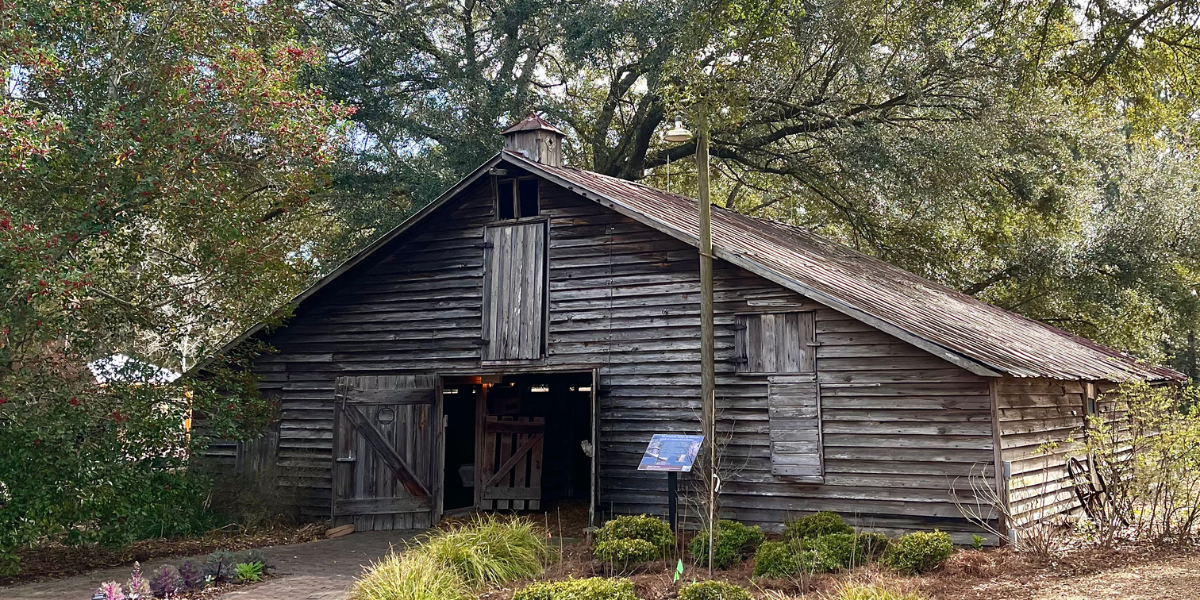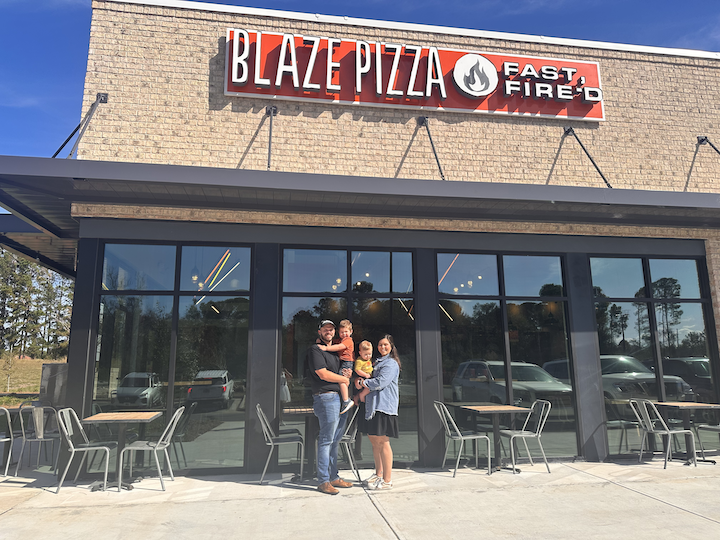Here is a statement regarding the book burning incident from the Department of Health Sciences and Kinesiology.
Dear students,
We, a group of faculty in the Department of Health Sciences and Kinesiology, are compelled to speak out in response to the behavior of Georgia Southern students involved in the burning of Crucet’s book, Make Your Home Among Strangers. As faculty members, we are committed to academic freedom and free expression of thought, and we believe that it is within students’ and others’ First Amendment rights to free expression. However, we also have the right to condemn the symbolism of book burning, a practice employed throughout history to silence the expression of free thought.
As faculty, we have the privilege of engaging with you in the classroom and discussing different perspectives because of our education and the books we have read (and continue to read) along our way. While we may at times both agree and disagree with some of the content within these resources, we continue to recognize that each helps us make sense of the world — including recognizing opinions and experiences that may be different from our own. We believe that a university education encompasses an ideal time for open discourse, exploration of new and sometimes uncomfortable ideas, and learning and personal growth. Learning is not always enjoyable; sometimes it is unpleasant and can challenge our own entitlements and shortcomings. It involves listening, as much as speaking, with the purpose of discovering other perspectives and lived experiences. We believe that to burn books is to actively reject this critical engagement. It is our belief and hope that books have the power to guide you, and each and every one of us, in having these difficult conversations about privilege and to combat the thinking that it is legitimate to make oneself feel powerful or safer through acts of hostility and violence at the expense of others, especially those who are already underrepresented, treated as insignificant and peripheral or marginalized.
Our department is diverse in its faculty, our academic programs, and the students we serve, and we strive to prepare you for the “real world.” This “real world” is also diverse. No matter what career you choose, you will meet and work with people of different races, sexual orientations, religious affiliations, gender identities, mental and physical abilities, and ethnicities. In the healthcare field, you also will take care of this diverse population — particularly when they are at their most vulnerable — and be a trusted source of knowledge and attention while creating safe, equitable spaces. We encourage you to use this recent event as an opportunity to engage in a civil dialogue with your peers, faculty, and staff by critically examining the information you are learning in your classes, questioning it, and developing conversations that can expand knowledge and understanding.
We are committed to hearing all voices, helping you process these incidents, and ensuring and contributing to an educational experience that is compassionate and inclusive of all. We uphold the University Affirmative Action policy that prohibits “creating an intimidating, hostile, or offensive work or academic environment,” and we stand in solidarity with the author, faculty from other departments, organizations on- and off-campus, and students who value the diversity of thought and who denounce book burning.
Sincerely,
Diana Botnaru
Chris Barnhill
Christina Gipson
Leigh E. Rich
Mary Beth Yarbrough
John Dobson
Janet R. Buelow
Matthew Cleveland
Bryan L Riemann
Gregg Rich
Amy Jo Riggs
Joelle Romanchik
Brandonn S. Harris
Megan Byrd
Karen Spears
Amy Rundio
Tamerah Hunt
Matthew A. Williamson
Starla McCollum
Sarah Davis
McKinley Thomas
Nick J. Siekirk
Steven Patterson
Gavin Colquitt
Jane Lynes
Greg A. Ryan
Justine Coleman
Zahi R. Jurdi
Jody Langdon
Barry Munkasy
Erin Jordan
Padmini Shankar






